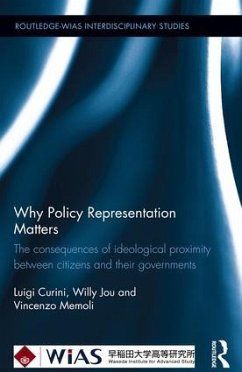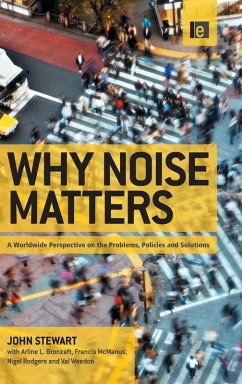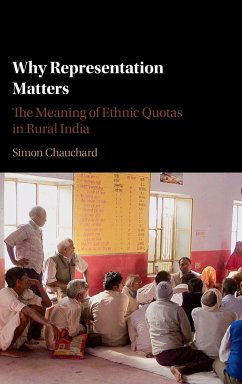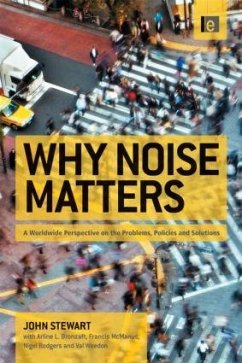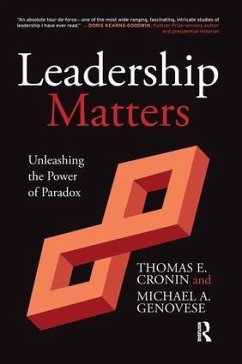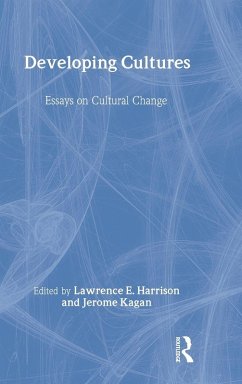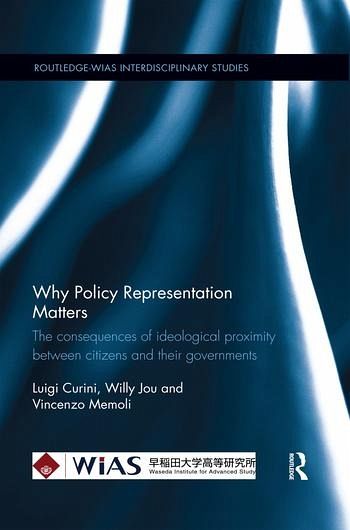
Why Policy Representation Matters
The consequences of ideological proximity between citizens and their governments
Versandkostenfrei!
Versandfertig in 1-2 Wochen
38,99 €
inkl. MwSt.
Weitere Ausgaben:

PAYBACK Punkte
19 °P sammeln!
Elections are a fundamental element of democracy, since elected governments reflect voter preferences. At the same time, it is inevitable that policies pursued by any government closely resemble the preferences of some citizens, while alienating others who hold different views. Previous works have examined how institutional settings facilitate or hinder policy proximity between citizens and governments. Building on their findings, the book explores a series of "so what" questions: how and to what extent does the distance between individual and government positions affect citizens' propensity t...
Elections are a fundamental element of democracy, since elected governments reflect voter preferences. At the same time, it is inevitable that policies pursued by any government closely resemble the preferences of some citizens, while alienating others who hold different views. Previous works have examined how institutional settings facilitate or hinder policy proximity between citizens and governments. Building on their findings, the book explores a series of "so what" questions: how and to what extent does the distance between individual and government positions affect citizens' propensity to vote, protest, believe in democracy, and even feel satisfied with their lives? Using cross-national public opinion data, this book is an original scholarly research which develops theoretically grounded hypotheses to test the effect of citizen-government proximity on three dependent variables. After introducing the data (both public opinion surveys and country-level statistics) and the methodology to be used in subsequent chapters, one chapter each is devoted to how proximity or the absence thereof affects political participation, satisfaction with democracy, and happiness. Differences in political attitudes and behavior between electoral winners and losers, and ideological moderates and radicals, are also discussed in depth.





